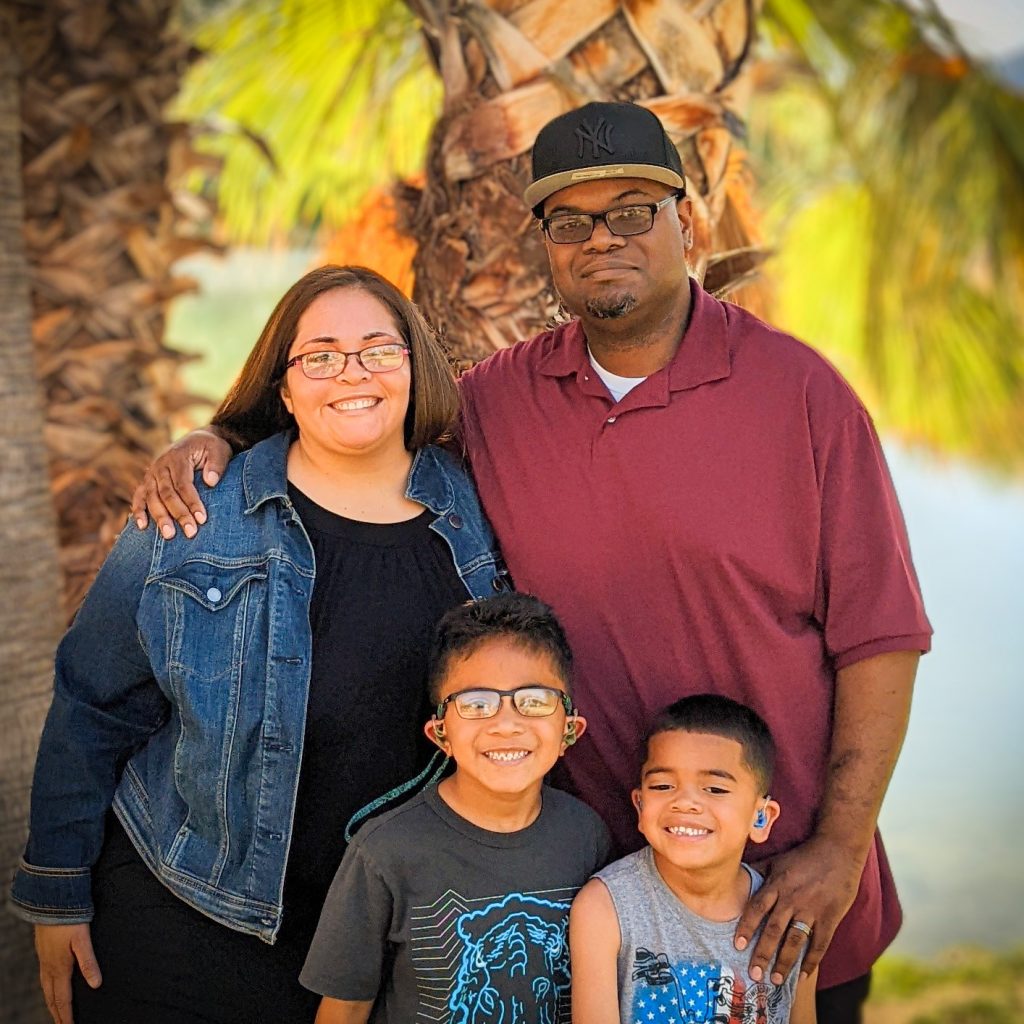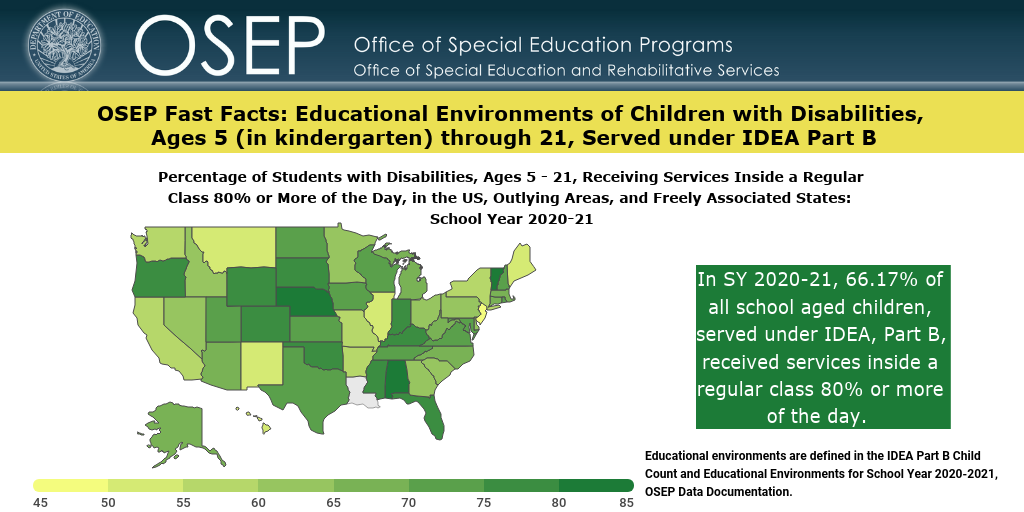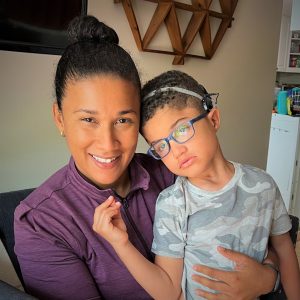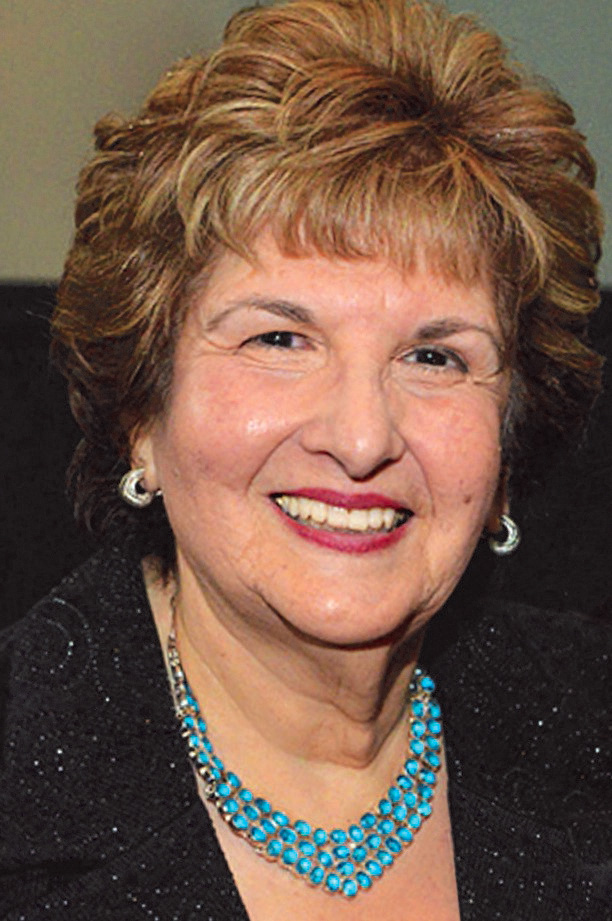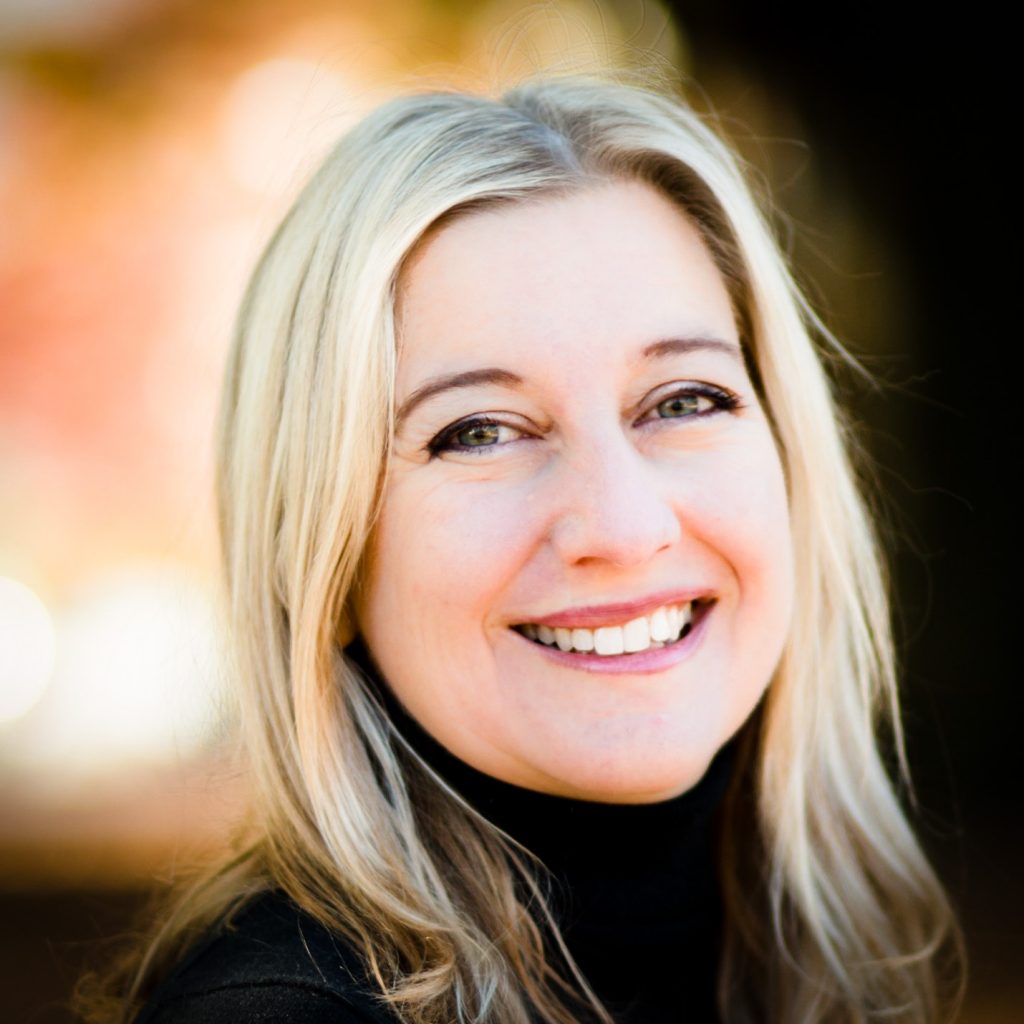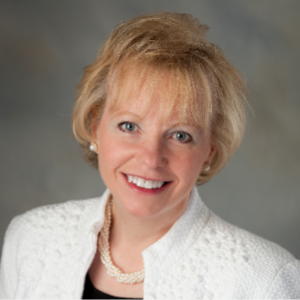Celebrating Fathers
Gregory Facey is a husband and father of children with hearing loss. Gregory is also a special education resource consultant and literacy advocate for students with disabilities. He serves on the Citizens’ Commission on Public Service and Compensation and is a member of the National Alliance of Black School Educator’s Parent Commission. Gregory lives by a quote from Booker T. Washington: “Success is to be measured not so much by the position that one has reached in life as by the obstacles which he has overcome.”

